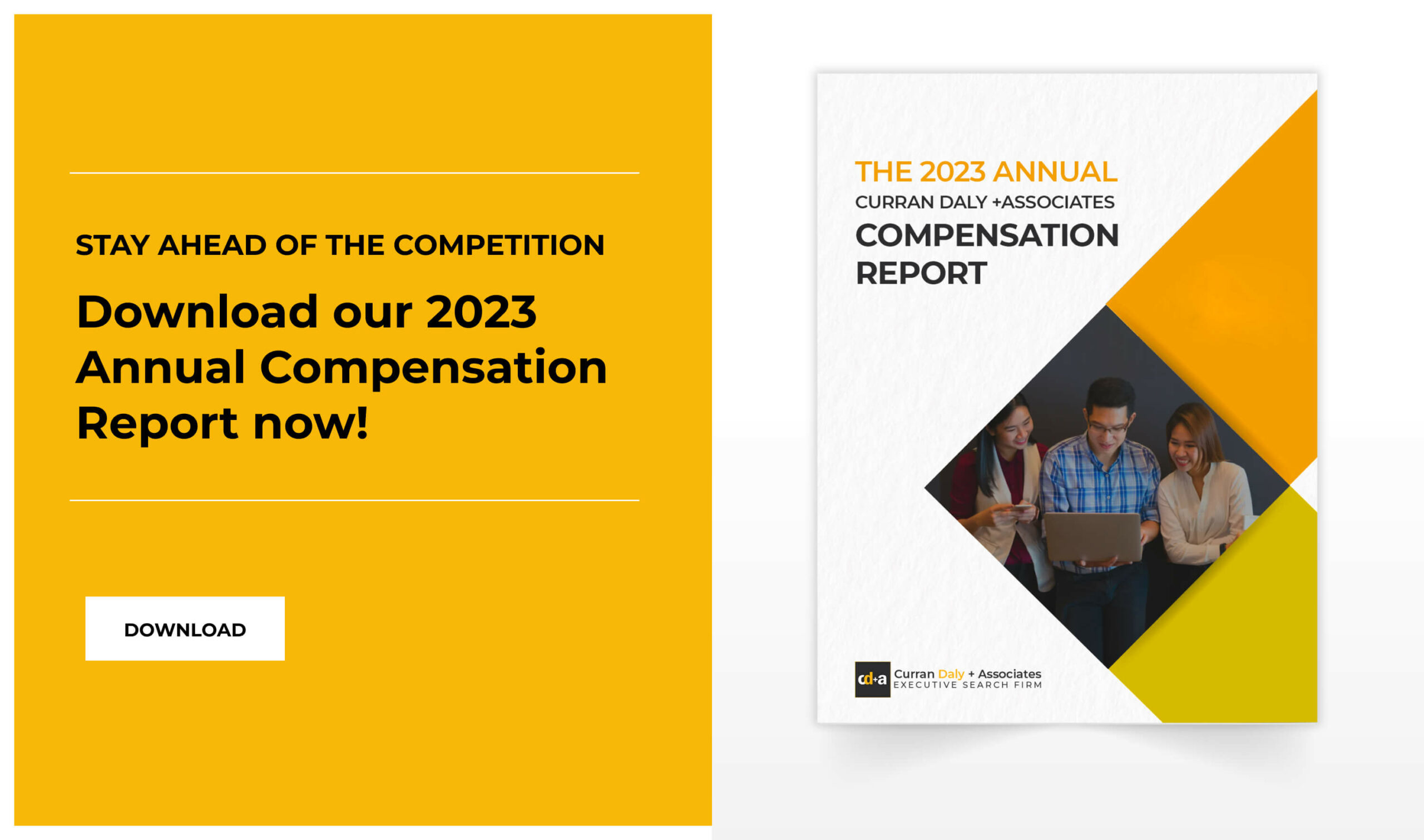Last week we talked about how attractive the current IT-BPO landscape of the Philippines is to foreign businesses. Generally, due to the country’s strong affinity with the Western culture, it’s highly-skilled, but cost-effective talent, and a favorable policy environment at home, the Philippines is rapidly becoming the BPO destination of choice in the world.
The Philippines is already serving companies in North America, Canada, Asia-Pacific, and the EU; a number of urban centers in the Philippines are also among the top 100 BPO hot spots in the world.
And that’s not all.
The Best Choice for Shared Services
Generating around 1.3 million jobs and 21.3 billion US dollars in revenue in 2016, the Philippine IT-BPO industry is poised to generate around 55 billion US dollars in revenue by 2020. The shared services sector, on the other hand, is also on a roll.
According to the latest SSON Analytics report, with a 64 percent upsurge in Shared Services Centers (SSCs) in the ASEAN region from 2010 to 2015, the Philippines is indeed poised as the top destination for shared services. At present, the Philippines hosts one-quarter of all shared services centres across the ASEAN region (33.4% for captive/hybrid SSCs and 35.1% for MNC SSCs). And more are coming.
“We chose the Philippines as the home of our new GDN location due to the remarkable growth of its shared-services sector in the past few years, which in turn has fueled the expansion of the local business process outsourcing (BPO) and knowledge process outsourcing (KPO) industry as a whole,” says Tim Eddy of EY (formerly Ernst & Young).
In a separate report by SSON Analytics focusing on the Philippines’ BPO and SSC market, with more and more businesses looking to jump-start operations in the country, the Philippines’ SSC industry has, in fact, overtaken the BPO industry as the primary driver of growth in the Philippines since 2010.

Courtesy of SSON Analytics. View full report here.
Government Support Fuels BPO, SSC Growth
Next only to the Filipino migrant workers’ remittances, the BPO sector is a key economic driver of the Philippines’ economic growth. As such, the Philippine government has, over recent years, invested significantly in supporting a broader array of business services in the business process outsourcing and shared services industry as well.
Since 2000, we’ve seen a more than a six-fold growth of shared services centers and BPOs in the country. In the ASEAN region, the Philippines is the top destination of new SSCs. And it is interesting to note that 48% of the current SSCs in the country are owned by US-headquartered companies (followed by Europe at 20%) and service global markets (50% of all SSCs in the Philippines).

Courtesy of SSON Analytics. View a more detailed and interactive chart at SSON Analytics here.
While a robust policy environment and an attractive fiscal and economic landscape, fuels the IT-BPO industry in the country, according to SSON Analytics, the primary driver of growth is talent. Their data shows that the National Capital Region hosts 80% of all shared services centers of the country and is also producing the most number of graduates each year (at around 125 000 graduates annually).
Bringing It All Together
The Philippines is fast becoming a regional and global hub for shared services centers handling finance & accounting, logistics, procurement, publishing, legal and medical transcription, business analytics etc. for multinational corporations around the globe. In IT, SSCs focus also on web design, software development, animation, and game development.
The primary rationale for moving administrative and back-office functions offshore would be to save on costs while achieving quality and productivity improvements. The Philippines is best poised as an offshoring destination given its large, lower cost-based, English-speaking workforce. With the Philippine government’s support, the BPO-SSC industry remains a key driving force for its economic growth.









0 Comments